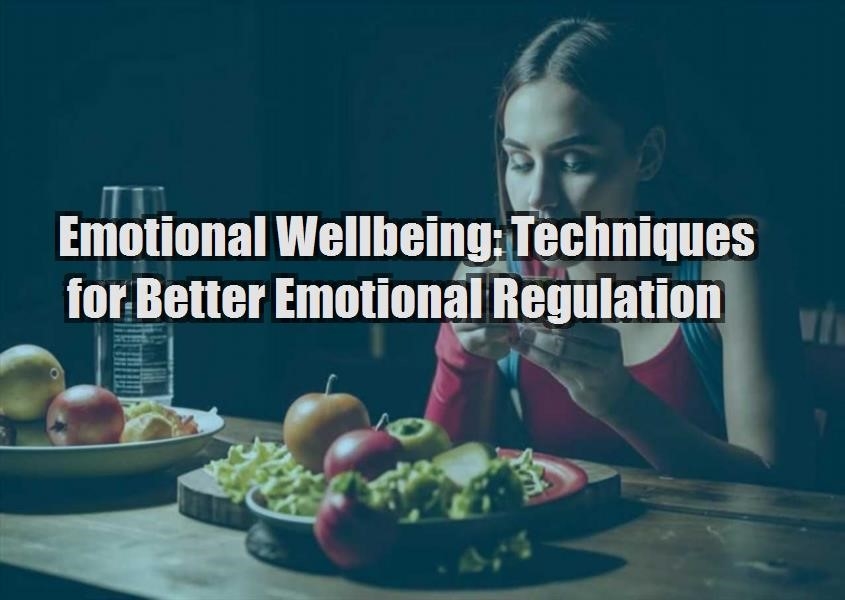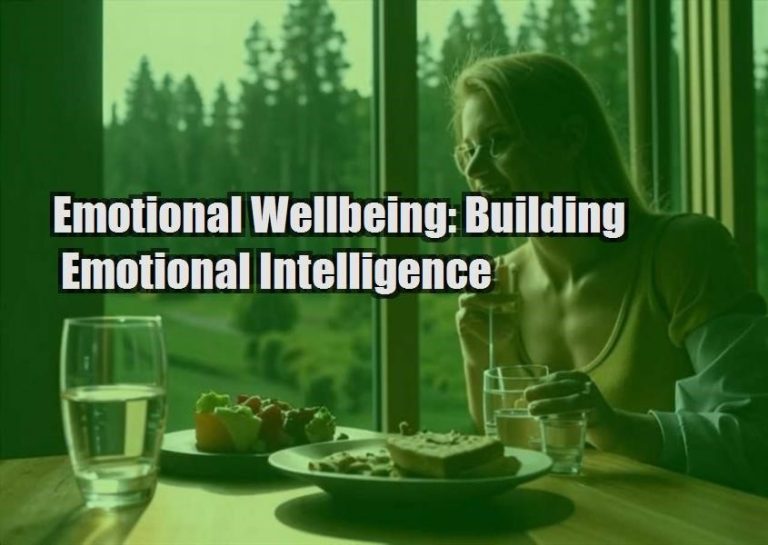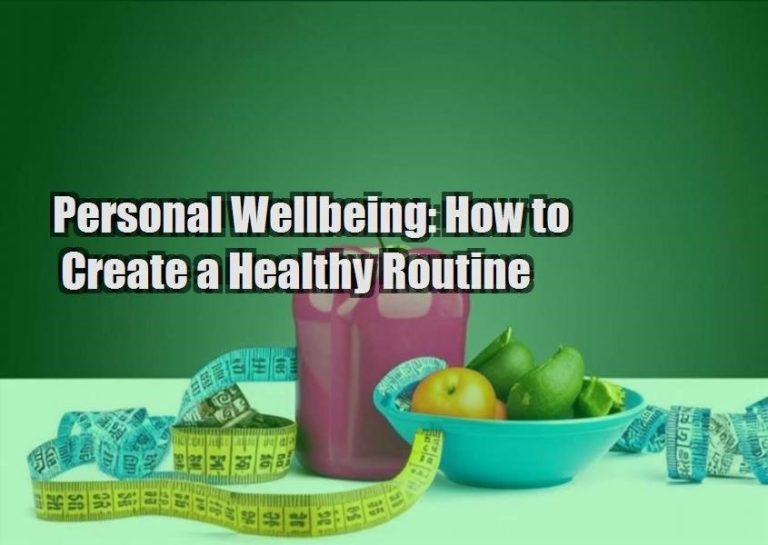-
Identify and Label Emotions:
Pay attention to your thoughts and bodily sensations associated with different emotions. By understanding the nature of your feelings, you gain a sense of control over them.
-
Practice Mindfulness:
Engage in mindfulness meditation or other activities that help you focus on the present. This practice enhances emotional awareness and reduces the intensity of overwhelming emotions.
-
Cognitive Restructuring:
Challenge negative or irrational thoughts that contribute to emotional dysregulation. Practice replacing them with more balanced and optimistic perspectives.
-
Emotional Expression:
Find healthy outlets for expressing your emotions in a safe and appropriate manner. Talk to a trusted friend, family member, therapist, or engage in activities that allow you to express your feelings creatively.
-
Develop Coping Mechanisms:
Develop a toolbox of healthy coping mechanisms to manage stress, anxiety, and other challenging emotions. This could include exercise, deep breathing techniques, spending time in nature, or reading.
-
Seek Professional Help:
If youre struggling to manage your emotions on your own, dont hesitate to seek professional help from a therapist or counselor. They can provide support, guidance, and coping strategies tailored to your unique needs.
-
Practice Self-Care:
Taking care of your physical and mental health is essential for emotional wellbeing. Prioritize sleep, healthy eating, and regular exercise. Engage in activities that bring you joy and relaxation, reducing stress levels and improving your emotional state.
-
Build Supportive Relationships:
Strong social connections are crucial for maintaining emotional balance. Surround yourself with individuals who are understanding, supportive, and provide a safe space for you to share your feelings.
-
Engage in Gratitude:
Focusing on the positive aspects of life can help shift your mindset and improve emotional wellbeing. Practice gratitude regularly by acknowledging things youre thankful for, both big and small.
-
Learn Emotional Intelligence:
Develop your emotional intelligence by observing your own patterns, practicing empathy, and seeking feedback from trusted sources.
Remember, emotional regulation is a skill that takes time and practice. Be patient with yourself, and keep implementing these techniques consistently. With time, youll gain greater control over your emotions, leading to improved mental health, resilience, and overall wellbeing.







